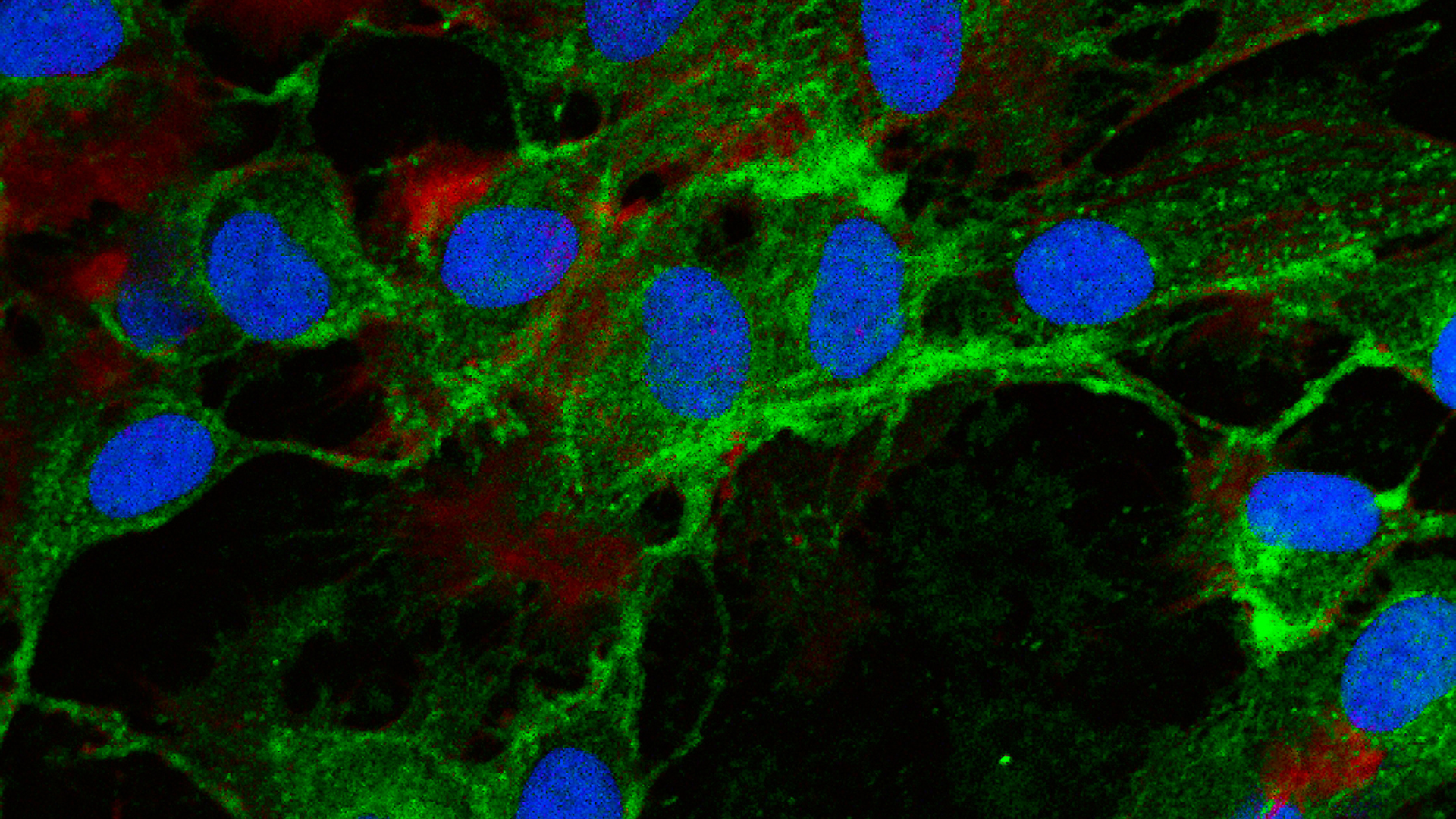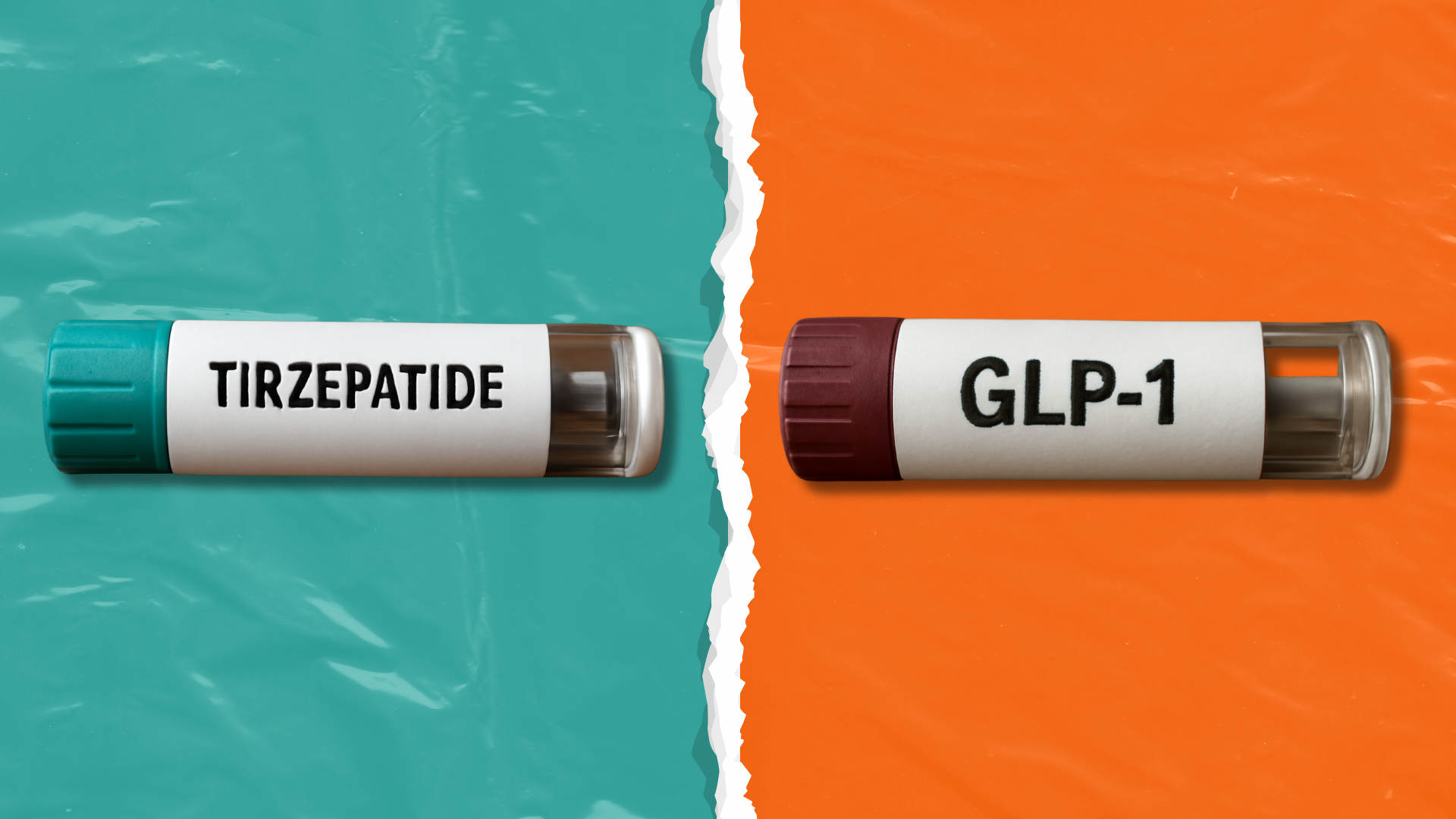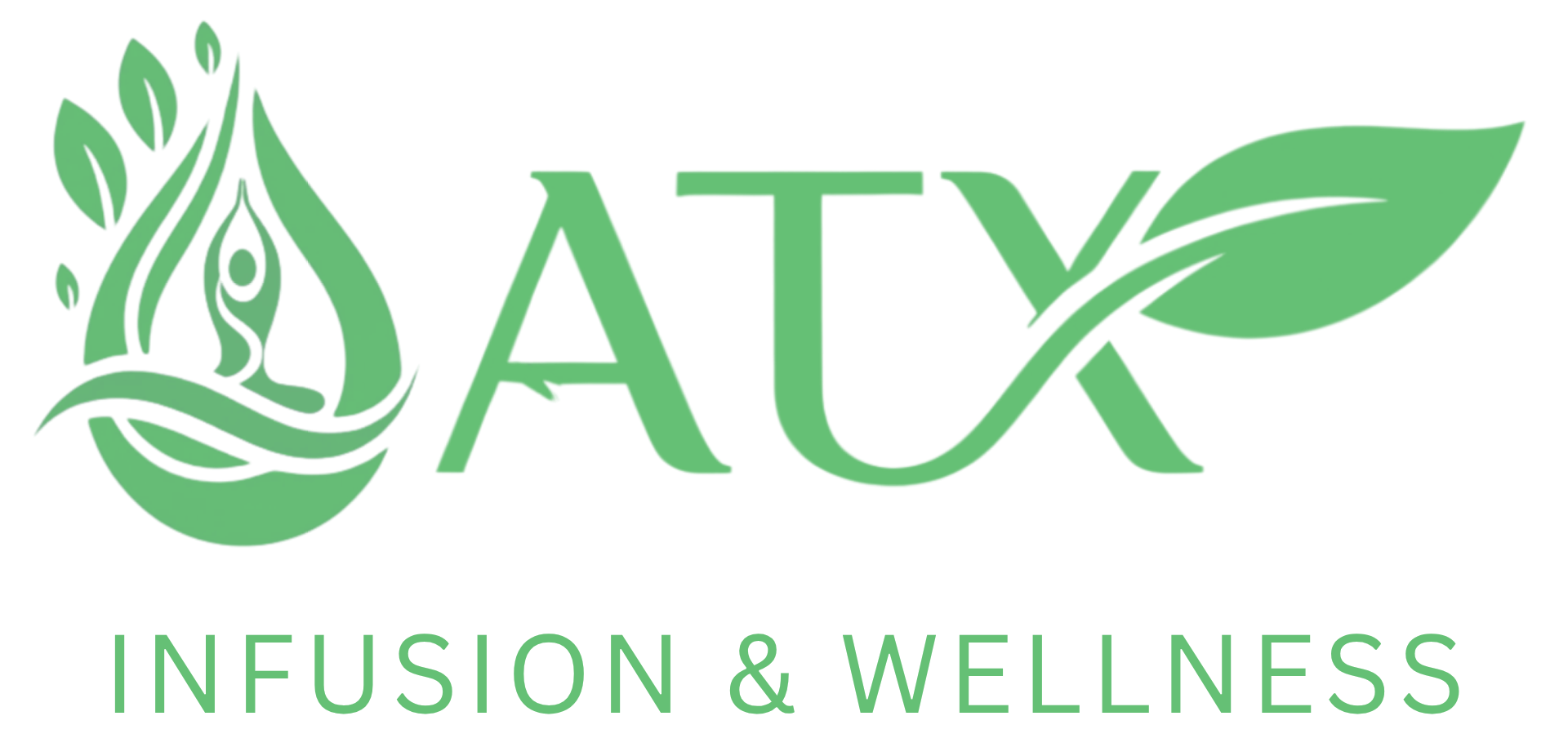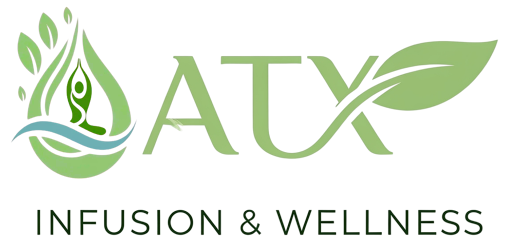Support Your Health Goals
At ATX Infusion and Wellness, we view health as a whole-body experience. While it can be tempting to focus on one concern at a time, the most effective wellness strategies often combine different approaches to support the body’s natural balance. Cellular therapy is one option that, when integrated thoughtfully, could complement other lifestyle and medical interventions to help you pursue your health goals.

What Cellular Therapy Involves
Cellular therapy refers to the use of cells or cell-derived components that may have regenerative potential. In our practice, this could include umbilical cord-derived mesenchymal stem cells (MSCs) or exosome-rich preparations. Early research suggests that MSCs might modulate inflammation, encourage tissue repair, and support healthy cellular function. While results vary, and more high-quality studies are needed, these therapies are being actively investigated for a wide range of wellness and regenerative applications.
The Potential Role in Wellness
Because cellular therapy may influence the body’s repair and signaling processes, it could be integrated into a broader health plan aimed at optimizing recovery, maintaining function, and supporting healthy aging. For example, some individuals consider cellular therapy alongside nutritional improvements, targeted supplementation, or structured exercise programs to create a synergistic effect.
It is important to understand that cellular therapy is not a replacement for healthy habits. However, it might serve as an additional tool that works best when paired with a strong foundation of wellness practices.

Combining with Nutritional Support
Good nutrition plays a central role in any wellness plan. Research shows that adequate intake of protein, healthy fats, vitamins, and minerals can support tissue health and recovery capacity. When nutritional needs are met, the body may be better positioned to respond to interventions like cellular therapy.
We often recommend clients pair regenerative treatments with an anti-inflammatory diet rich in whole foods, lean proteins, and omega-3 fatty acids to promote an internal environment that supports healing processes.
Incorporating Exercise and Movement
Regular physical activity can influence circulation, joint health, and muscle strength. For individuals pursuing cellular therapy, exercise may help maintain mobility and functional capacity. Moderate, low-impact activities like swimming, cycling, or strength training could complement the goals of regenerative support. A healthcare provider can help determine the safest and most effective routine, especially after an injury or surgery.

Managing Stress and Sleep
Chronic stress and poor sleep can hinder the body’s ability to repair itself. Practices such as mindfulness, meditation, and good sleep hygiene may enhance overall wellness outcomes. Since cellular repair and regeneration occur largely during rest, quality sleep becomes a key factor in supporting the goals of cellular therapy.
Setting Realistic Expectations
While some people may notice positive changes after cellular therapy, results can vary significantly, and the research is still evolving. We emphasize realistic expectations, careful assessment of each client’s health status, and ongoing evaluation to determine whether this approach is meeting their needs.

Our Perspective
We believe that cellular therapy is most effective when it is part of a personalized, well-rounded wellness plan. By integrating it with sound nutrition, appropriate exercise, stress reduction, and restorative sleep, clients may be able to optimize the potential benefits while supporting overall health.
At ATX Infusion and Wellness, our role is to provide guidance, safe administration, and a plan that fits seamlessly into your larger health strategy. If you are interested in exploring cellular therapy, we can help you understand the current evidence, potential applications, and how it could align with your wellness goals.











